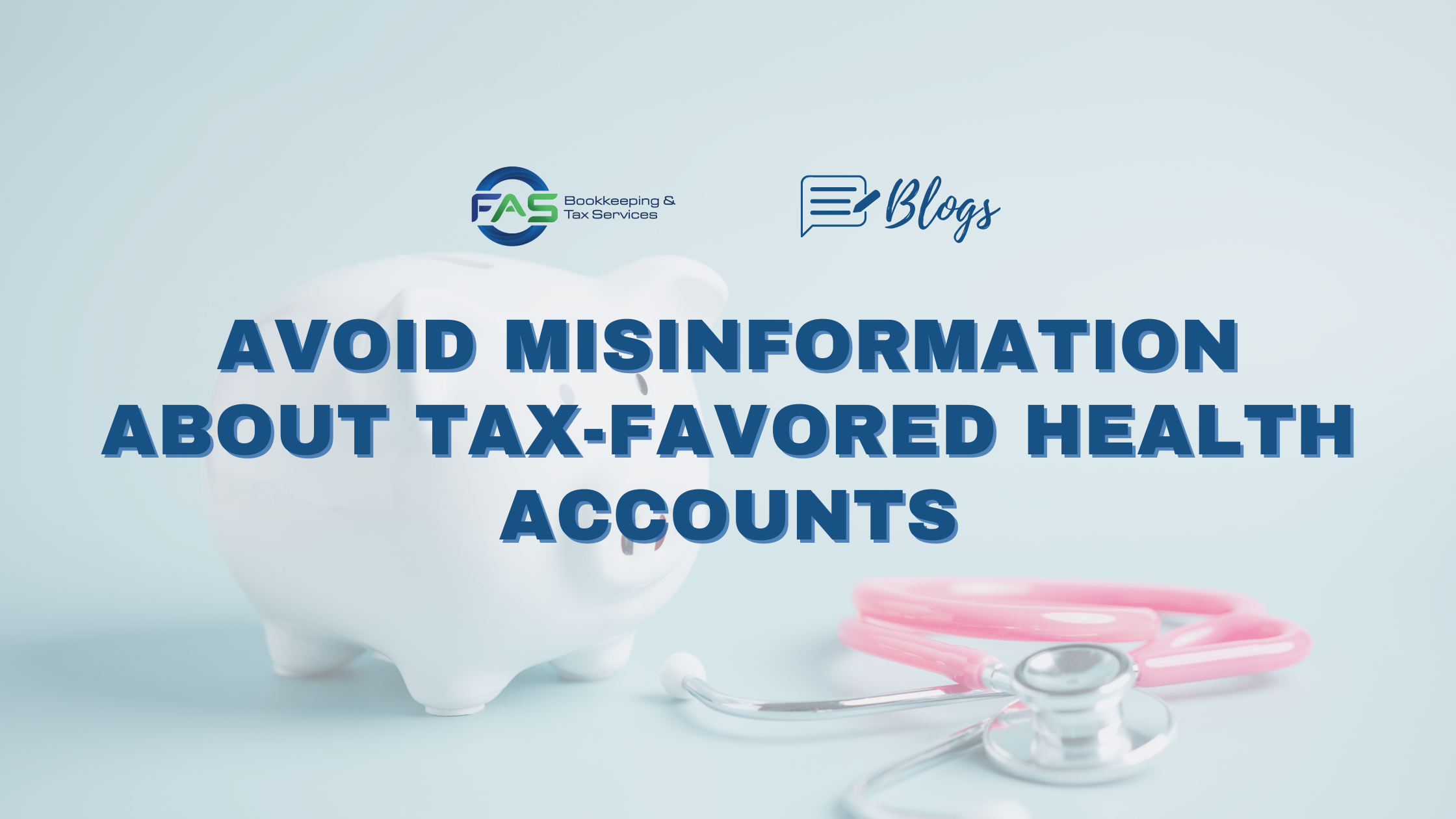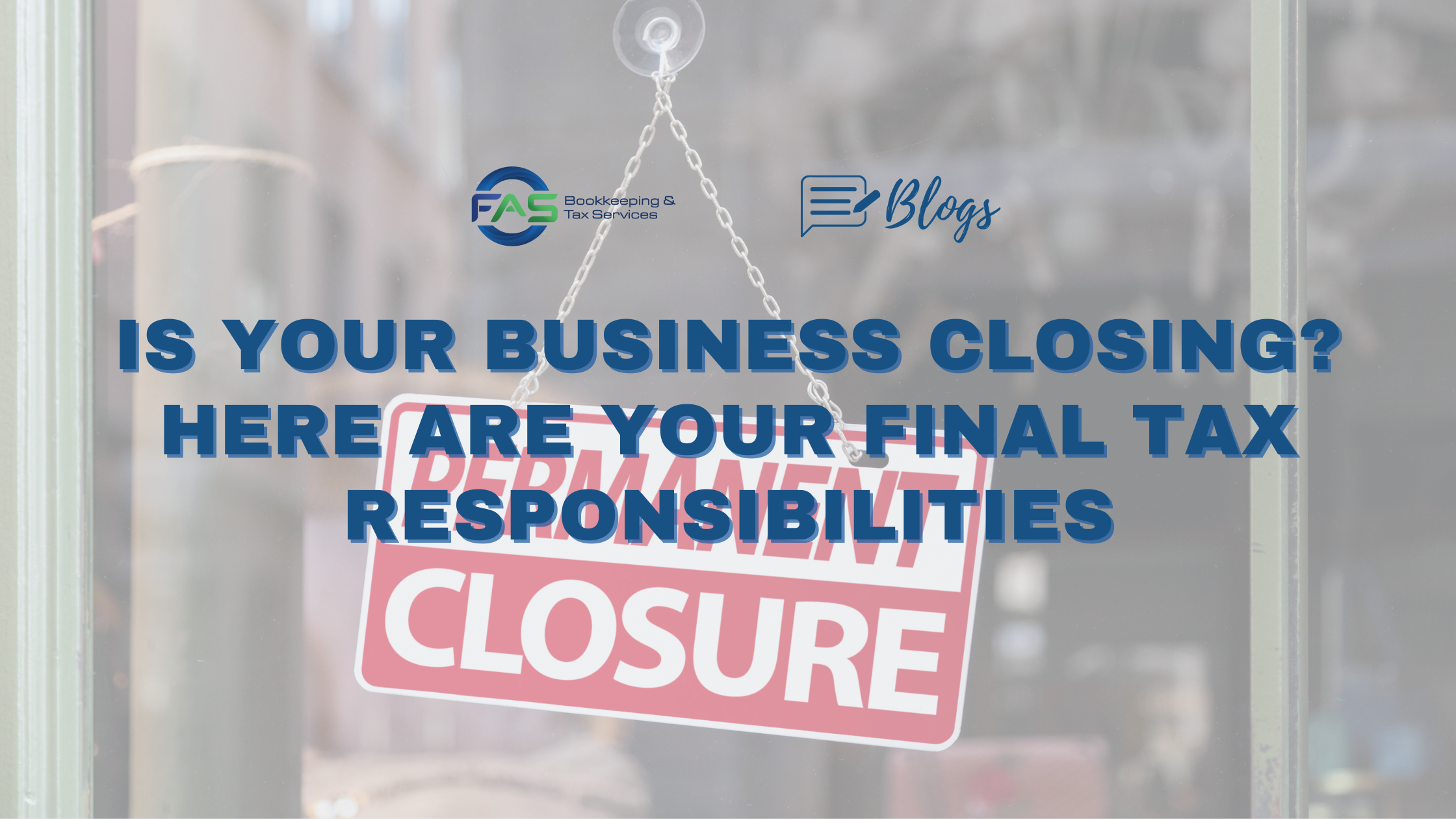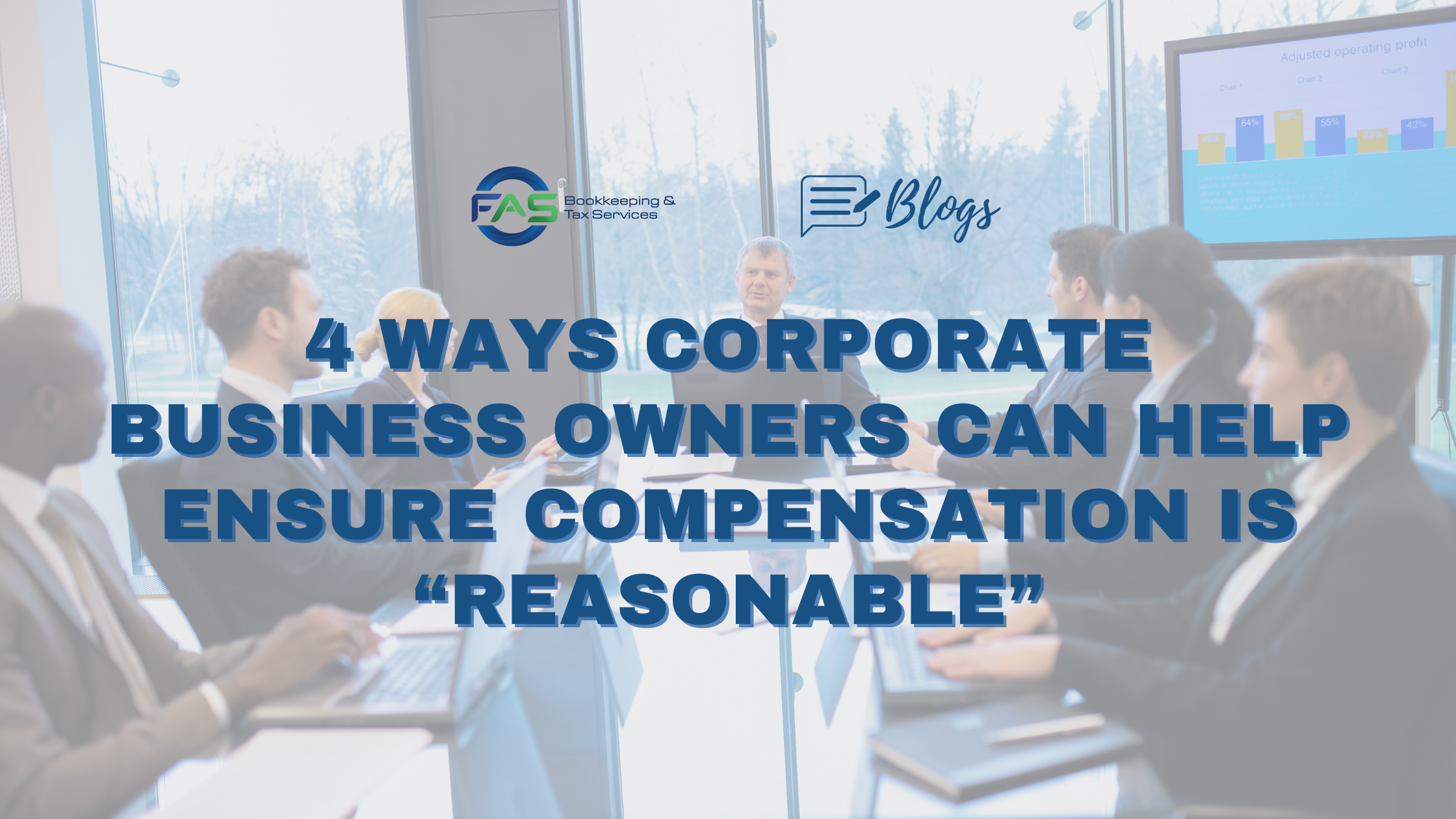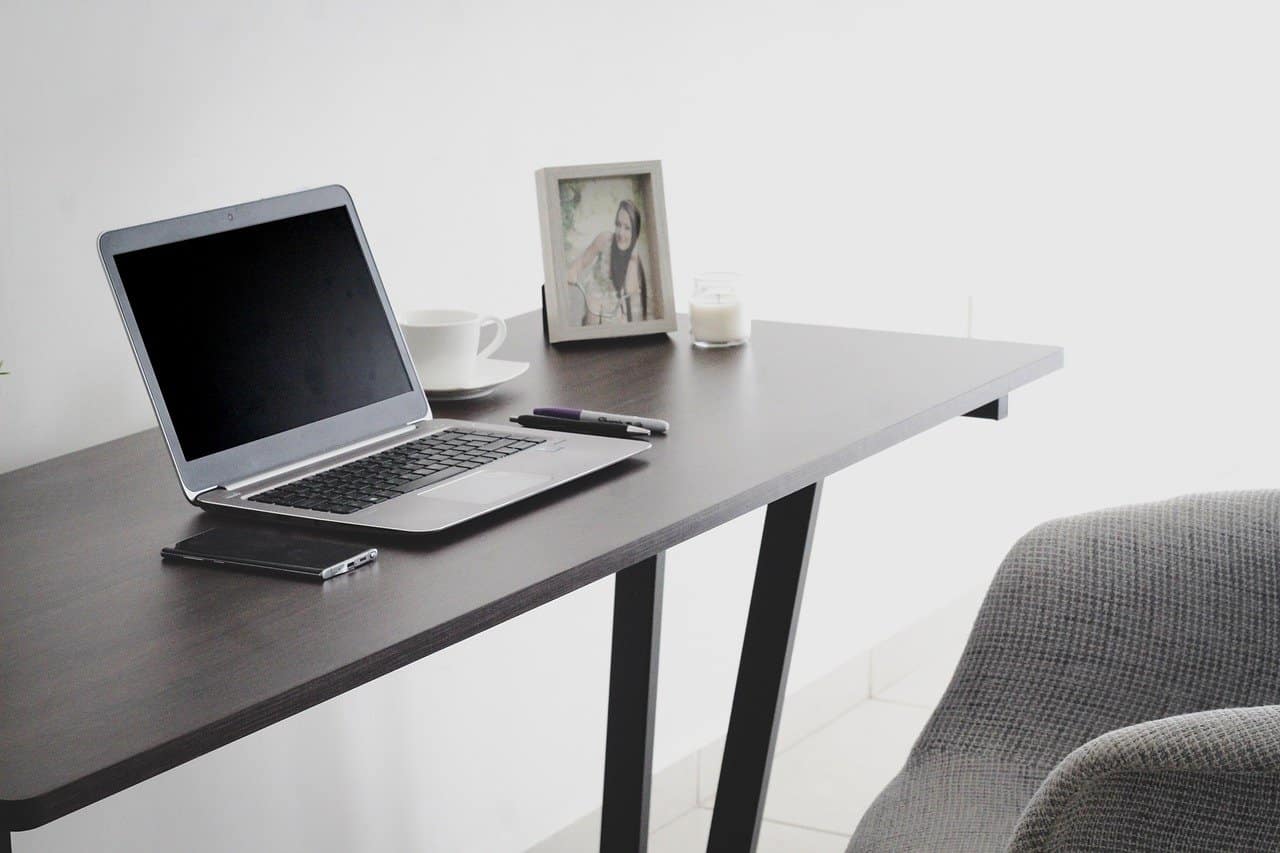With more people working from home than ever before, taxpayers may be wondering if they can claim a home office deduction when they file their 2020 tax return next year. The short answer is that self-employed taxpayers who use their home for business may be able to deduct expenses for the business use of it whether they rent or own their home. If you are an employee, however, you are not eligible to take the home office deduction – even if you are working remotely in your home office.
Here is what taxpayers should keep in mind when it comes to understanding the home office deduction and whether they can claim it:
1. Regular and Exclusive Use. Generally, taxpayers must use a part of their home regularly and exclusively for business purposes. The part of a home used for business must also be:
- A principal place of business, or
- A place where taxpayers meet clients or customers in the normal course of business, or
- A separate structure not attached to the home. Examples could include a garage, barn, greenhouse, or studio.
For example, a taxpayer who uses an extra room to run their business can take a home office deduction only for that extra room so long as it is used both regularly and exclusively in the business.
The term “home” for purposes of this deduction is defined as a house, apartment, condominium, mobile home, boat or similar property. It does not include any part of the taxpayer’s property used exclusively as a hotel, motel, inn, or similar business.
A taxpayer can also meet this requirement if administrative or management activities are conducted at the home and there is no other location to perform these duties. Therefore, someone who conducts business outside of their home but also uses their home to conduct business may still qualify for a home office deduction.
2. Expenses that can be deducted. Taxpayers can deduct certain expenses such as mortgage interest, insurance, utilities, repairs, maintenance, depreciation, and rent. They must meet specific requirements to claim home expenses as a deduction, and the deductible amount of these types of expenses may be limited.
3. Simplified Option. To use the simplified option, multiply the allowable square footage of the office by a rate of $5. The maximum footage allowed is 300 square feet. As such, the maximum deduction under this method is $1,500. This option saves time because it simplifies how to figure and claim the deduction and makes it easier to keep records. The rules for claiming a home office deduction remain the same.
4. Regular Method. This method includes certain costs paid for a home. For example, part of the rent for rented homes may qualify. Deductions for a home office are based on the percentage of the home devoted to business use. Taxpayers who use a whole room or part of a room for conducting their business need to figure out the percentage of the home used for business activities to deduct indirect expenses. Direct expenses are deducted in full.
5. Deduction Limit. If the gross income from the business use of a home is less than expenses, the deduction for some expenses may be limited.
Taxpayers who are self-employed and choose the regular method should use Form 8829, Expenses for Business Use of Your Home, to figure the amount to deduct. Claim the deduction using either method on Schedule C, Profit or Loss from Business.
Please call if you would like more information about the home office deduction and how it applies to your tax situation.





